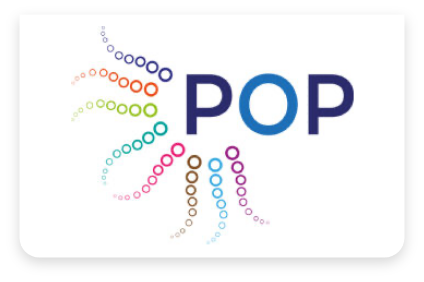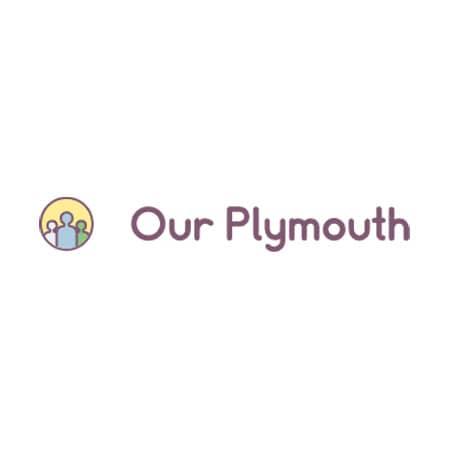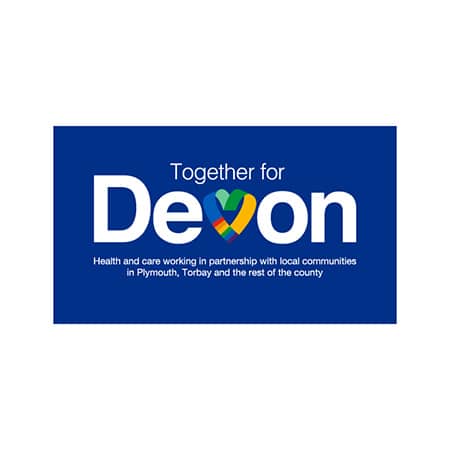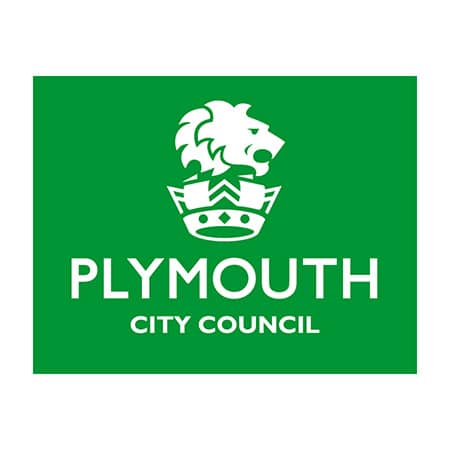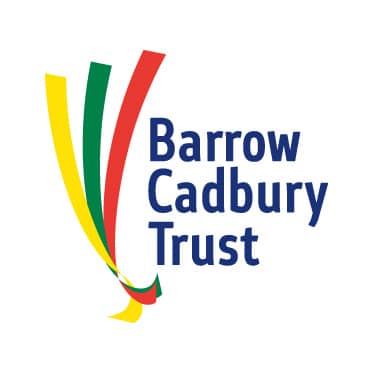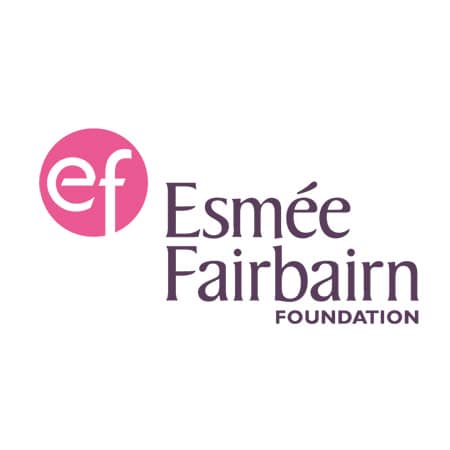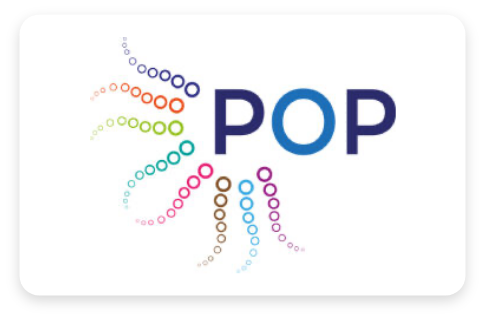Learning & impact
POPs approach to impact
Showing how the work of POP creates change in the community is a challenge. Our work exists in a complex environment, so we are seeking to describe our work in new ways. It is important to us that we understand the difference between complicated and complex.
- Cause and effect still apply but the challenge is to find the root causes or else end up treating symptoms.
- Complex problems are entirely different in nature. Here, causes and effects are indistinguishable. Each action is simultaneously a reaction. Issues are connected in ways that mean problems are not open to being solved but instead need to be held in a dynamic equilibrium.[1]
An additional challenge for POP when looking at how we influence the positive outcomes at an individual citizen level is that the work of POP is a step removed from interacting directly with citizens and focussed on citizen-led organisations (grassroots).
Planning and being conscious of the change we wish to make is a vital exercise. POP works on the following theory of change (see below). It is only by doing this, that we are able to understand what happens and to learn from it. As proponents of Human Learning Systems, we know that showing the contribution of POP towards genuine social change in Plymouth is a challenge. This is primarily because our work exists in a complex environment with many collaborative partners. Recognising this challenge, we are using three evaluation tools to describe our work in ‘new’ ways.
- Place Based Evaluation Framework – there is a structure set for the context we’re working in.
- Learning Cycles – there is a discipline to how we work and improve.
- Theory of Change – we know the direction in which we wish to head.
Place Based Change
Alongside the theory of change we have searched for other ways to demonstrate how our work contributes to better outcomes for our communities. One of the frameworks that fits well is the Place Based Evaluation Framework[1]. This framework was introduced to POP via Renaisi, a UK specialist in evaluating place-based change. We find this a helpful resource because it frames POP’s work in a timescale that stretches into a decade and suggests some of the ways we can work to evaluate the impact. As the authors describe:
“This simplified model shows the main ‘levels of change’ only. First, it recognises that each PBA has unique foundations, and that many PBAs arise from existing community movements or collaborative effort. Next, the theory of change says that if all parties (funders, community, service providers and government) collaborate toward the shared vision, and are guided by a sufficiently equipped facilitating partner, then enabling conditions for systemic changes can be created and realised. Over time, community and systems-level changes occur, and this will ultimately lead to sustainable and positive changes for people living in the area of the PBA. This is bound by context-specific principles that guide the way work is done.”
The guide shows the framework as a tree, which very much complements the analogy of POP as a gardener.
[1] Prepared for the Queensland Government Department of Communities, Disability Services and Seniors (DCDSS), the Australian Government Department of Social Services (DSS), and Logan Together https://www.dss.gov.au/sites/default/files/documents/06_2019/place-based-evaluation-framework-final-accessible-version.pdf
